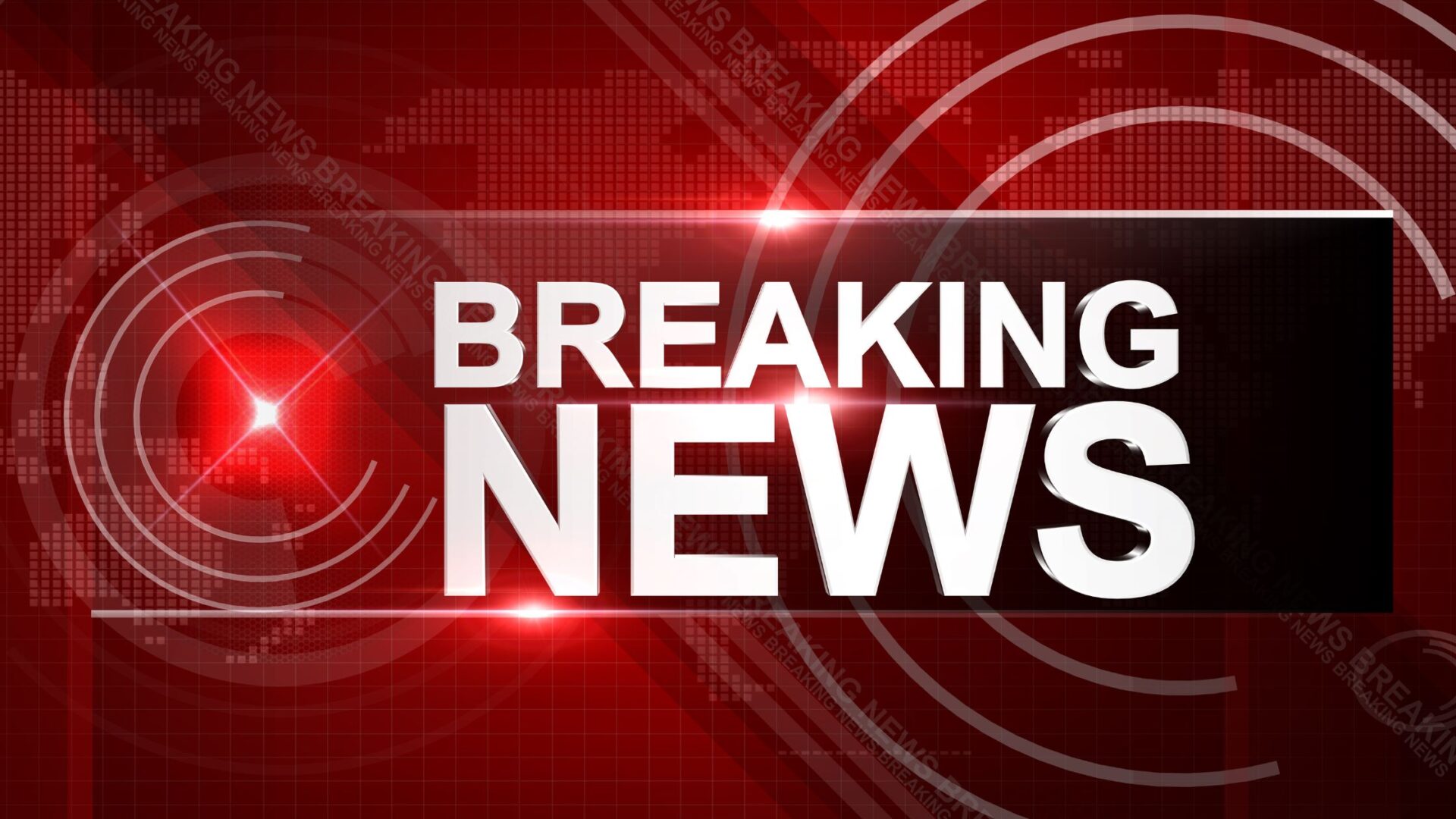Key Takeaways
- Harvey Weinstein’s retrial has started, with prosecutors accusing him of rape and sexual assault.
- Three women, including Mimi Haleyi, Jessica Mann, and a 19-year-old, accuse him of ignoring their pleas to stop.
- Weinstein’s defense claims the encounters were consensual, citing continued contact with accusers.
- His previous conviction was overturned, leading to this retrial.
- Over 80 women, including famous actresses, have accused Weinstein of sexual misconduct.
- The case is significant for the MeToo movement, which it helped spark.
Weinstein Retrial: A Look at the Allegations
The retrial of Harvey Weinstein began with prosecutors detailing allegations of rape and sexual assault. They highlighted how Weinstein, once a powerful Hollywood figure, allegedly ignored his victims’ pleas to stop, using his status to overpower them. Among the accusers are Mimi Haleyi and Jessica Mann, who were key in the original trial, and a new accuser who was 19 at the time of the alleged assault.
Prosecutors Present Their Case
Prosecutors painted a vivid picture of Weinstein’s actions, describing how he allegedly forced himself on Haleyi in 2006. Despite her protests, Weinstein purportedly kissed and groped her, continuing even as she reiterated her disinterest. Similarly, Mann was allegedly raped in 2013, with prosecutors emphasizing Weinstein’s disregard for consent. The young model’s accusation adds a new dimension to the case, further illustrating Weinstein’s predatory behavior.
The Defense’s Perspective
Weinstein’s defense challenges the prosecution’s narrative, asserting that the encounters were consensual. His attorney, Arthur Aidala, pointed out that Haleyi and Mann maintained contact with Weinstein after the alleged assaults, suggesting this as evidence of consent. This line of defense aims to cast doubt on the accusers’ credibility, questioning the notion of force and non-consent.
A Look Back: Previous Conviction and Overturn
Weinstein’s 2020 conviction for assaulting Haleyi and Mann was overturned in 2023. The New York Court of Appeals ruled that including testimony from other accusers not directly tied to the charges was unlawful. This legal twist granted Weinstein a retrial, with the defense hoping for a different outcome this time.
The Broader Impact: MeToo and Beyond
The case’s significance extends beyond the courtroom, as it played a pivotal role in igniting the MeToo movement. This movement has brought attention to sexual harassment and assault worldwide, encouraging numerous women to share their experiences. Over 80 women, including Angelina Jolie and Gwyneth Paltrow, have accused Weinstein of misconduct, underscoring the broader issue of power abuse in Hollywood.
What’s Next?
The retrial is expected to last several weeks, with both sides presenting their cases. Weinstein, already serving a 16-year sentence for another assault, now faces another trial that could significantly impact his future. The outcome may influence how similar cases are handled, potentially affecting the MeToo movement’s momentum.
In conclusion, Harvey Weinstein’s retrial is a critical juncture, not only for the accusers seeking justice but also for the broader conversation on sexual misconduct and power dynamics. As the trial unfolds, the world watches, eager to see how the legal system addresses these serious allegations.
